(ThyBlackMan.com) One of the main reasons Hillary Clinton lost the election had to do with perceived (and actual) security breaches with regards to her private email communications and the hacking of the Democratic Party. The recent report by the CIA that Russia was the likely culprit behind the DNC infiltration should not be taken lightly or turned into a political football.
Despite an attempt toward a détente in U.S.-Russia relations early in the Obama administration, they have suffered recently due to the Russian actions in Crimea and its involvement in Syria, propping up the Assad regime. While Donald Trump has signaled a pivot away from regime change as a policy objective – a move likely to ease tensions with Russia – he should not take Russia lightly.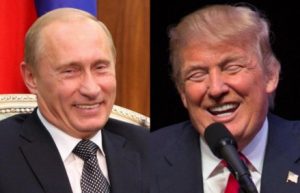
Vladimir Putin is an old hand, a master at both spy-craft and statecraft. He has fashioned a strongman image in Russia banked on his ability to flout the West. And his interference in U.S. elections should be a cause for concern by the Trump administration even though it may have been a perceived media benefit, in the short run at least.
While the CIA and mainstream media point to circumstantial evidence to support their claim, President-elect Trump has called the claims by the CIA baseless and attacked the agency in an interview with Fox News host Chris Wallace. This is dangerous territory, and the president-elect must be careful to remember that Russia is not a friendly nation of the United States, which is indicative of the bipartisan support in the House and Senate to look into the Russia hacks. Donald Trump’s political instincts may tell him that this allegation of Russian meddling on the part of his political adversaries is an attempt to delegitimize his presidency and weaken him politically. And while some of that may be true, he should also know that the intelligence assessment by the CIA is probably based on substantive knowledge. It would not have been communicated so publicly if the various scenarios had not been thoroughly analyzed.
Donald Trump needs to be very wary of the Russians. It is apparent that Putin believes not only that he could manipulate the U.S. elections, but also that he can manipulate Donald Trump by insinuating respect and personal admiration. Putin, however, may be underestimating Trump, as so many others have in the past. While Trump is not a polished statesman yet, the president-elect’s record of success in the business arena has revealed a shrewdness that is not always apparent upon first glance.
Donald Trump’s unconventional choice of ExxonMobil CEO Rex Tillerson to lead the State Department is a case in point. Tillerson is the CEO of the one of the world’s largest and most far-flung corporate empires. It leads in almost every aspect of the energy and petrochemical business, operates facilities or market products in most of the world’s countries, and explores for oil and natural gas on six continents. If there is any CEO or business executive who has interacted with sensitive foreign government issues and knows the major players on the global stage, it is Tillerson. And yet despite his extensive global experience, Tillerson is also a relative political newbie and does not bring some of the baggage associated with other, more politically connected candidates.
It signals a shift away from the current geopolitical frameworks based on broad regional consensus – the One China Policy for example – and towards a transactional approach more closely tailored to U.S. interests. It also suggests that domestic economic concerns, not exerting global power as the world’s policeman, will be a primary driver of U.S. diplomatic relationships under the new administration. Under such a framework, ceding responsibility to Russia in addressing critical global issues such as terrorism makes complete sense. America faces critical economic challenges with an almost $20 trillion national debt and cannot afford to maintain the same sprawling military presence around the world. The U.S. needs capable partners – including Russia, Japan and the Europeans – to step up to the plate.
Donald Trump also has a team around him that is capable and acutely aware of the stakes. Vladimir Putin’s continued hold on power despite the dire economic problems in Russia is predicated at least in part on his ability to stoke Russian national pride. And being seen at home as a co-equal player in geopolitics with the United States probably helps him maintain that perception. While Vladimir Putin himself may be a “frenemy,” it is certainly in the U.S. interests during a transition of power to promote a stable Russian state.
Written by Armstrong Williams
Official website; http://www.armstrongwilliams.com













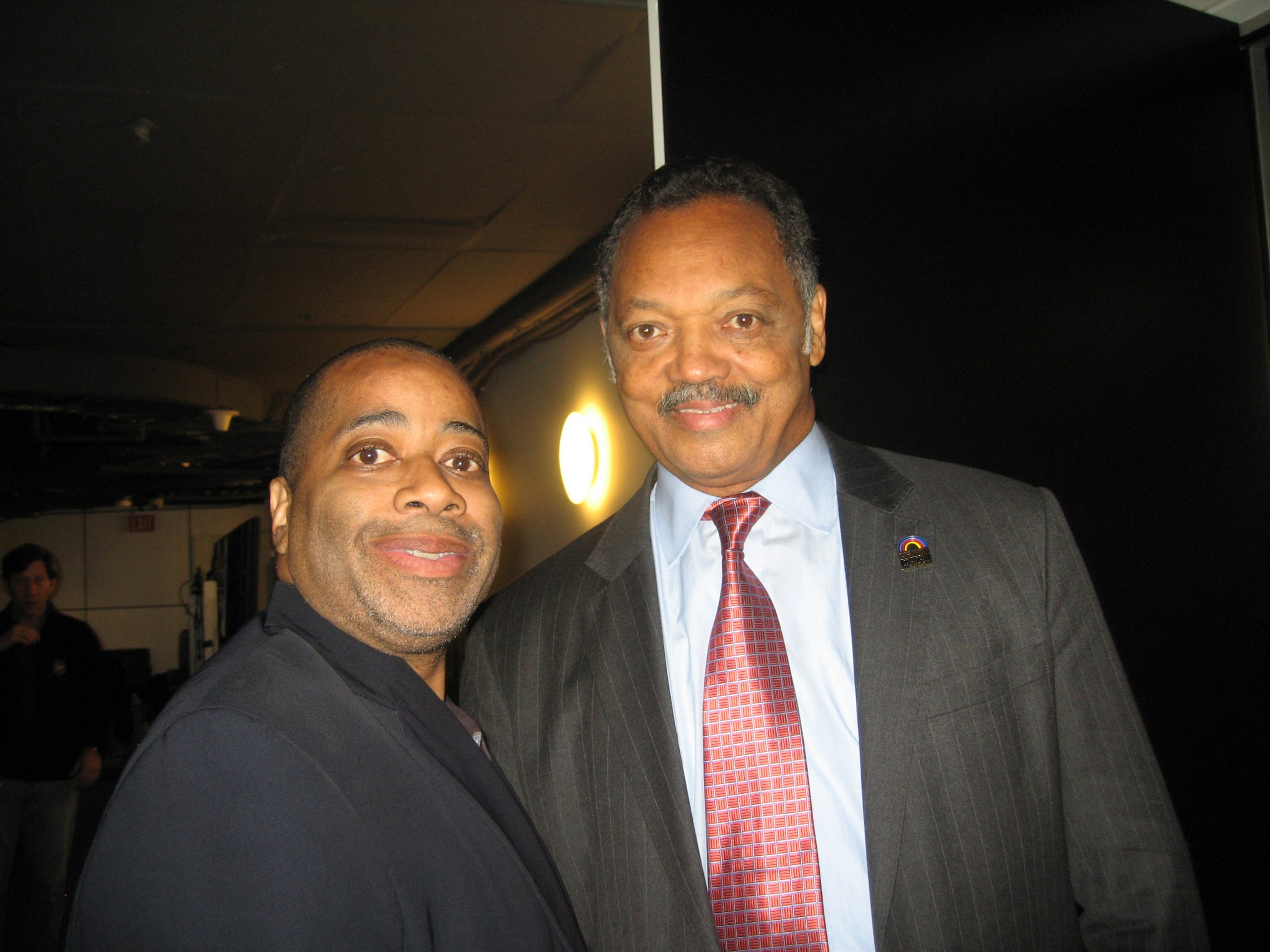
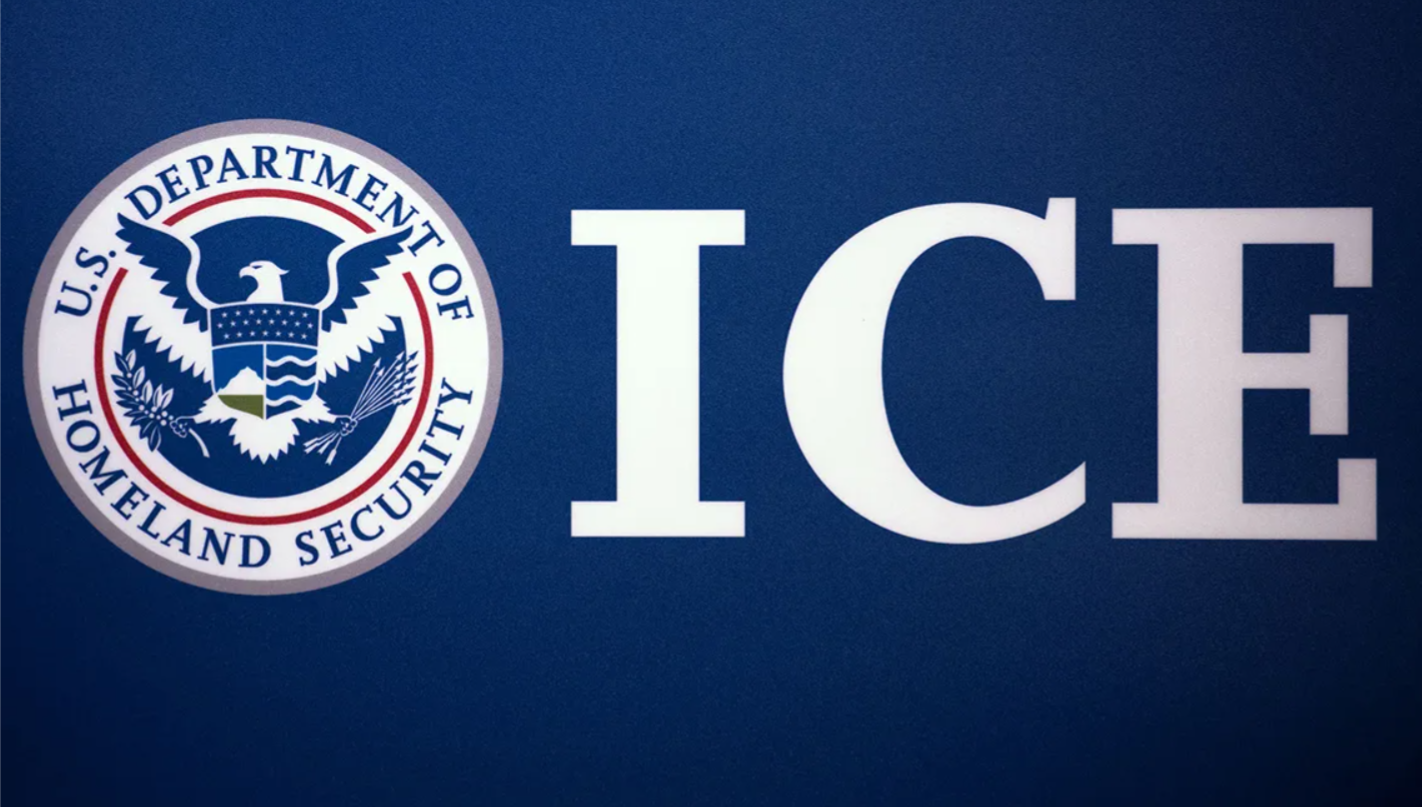
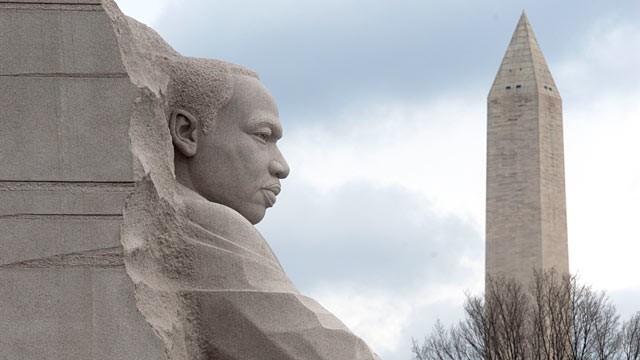
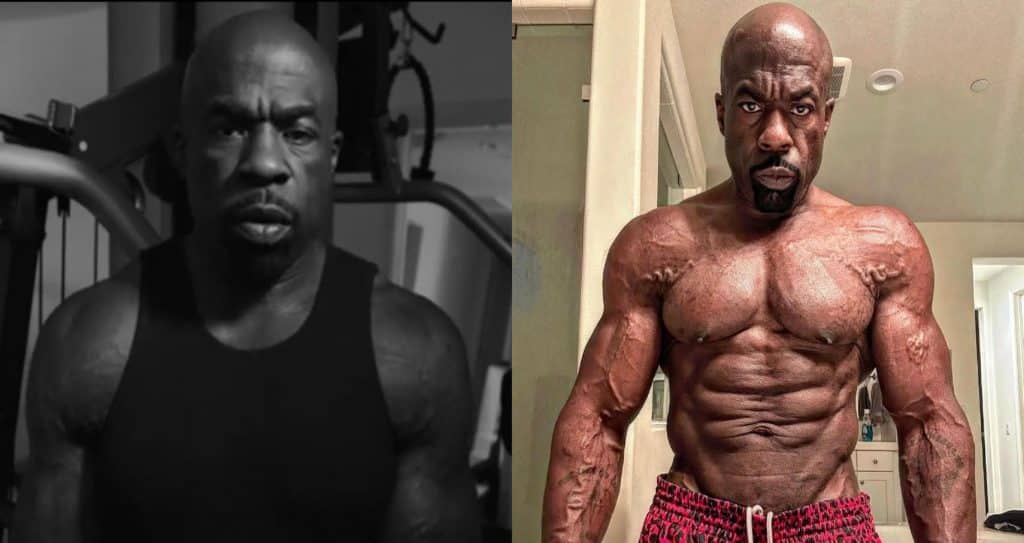
The Greek philosopher Plato said that a democracy degenerates into a dictatorship. Putin’s Russia recently, historically speaking, lost a communist dictatorship, and gained capitalism, and a more open society. Trump is experimenting with changing a liberal pluralistic democracy with its capitalist economic base that fosters an open society into a less liberal political entity. Trump came to power by the will of the voters who claim to be tired of America’s liberal tendencies footing the bills for the poor, infirmed, aged, and social programs in general. Putin came to power in response to his nation’s disenchantment with being able to achieve the ideals of the Communist Manifesto as conceived by Karl Marx, and Friedrick Engels. Putin is learning how to lead an open society, and Trump’s negative actions relative to the news media, and the other two branches of government tends to indicate that he is opposed to many of the long established principles of an open society. Trump tries to severely lessen the amount of information that he, and his administration releases to the public. He attacks some of the mass news media companies, and claim that they are dispensing ” fake news .” The political actions of both Putin, and Trump are testing the elasticity of their political structures. Putin is asking if a closed society can open? Trump is asking if an open society can close?
This seems like reasonable advice for someone like Trump. It would be naive to assume that Russia or China can be assumed to be either a friend or enemy. Our relationship with Putin has been harmed recently because of the knee-jerk reactions of aging cold warriors within our own establishment like John McCain, and because of the influence, much of it bought and paid-for, of the hidden Saudi-Iraeli alliance that dominated to agenda of the last administration during Hillary Clinton’s tenure as Secretary of State. She over-reacted to Russian actions, however aggressive, in its own back yard, even though these mainly involved areas in which Russian minorities were threatened by the local political climate. Then she tried to overthrow Russia’s only allies with “pro-democracy” forces that turned out to be Al Qaeda affiliated Islamists when the dust had settled. Without the baggage of Hillary’s war-mongering, Trump can start with a clean slate. But he should be aiming to head off any trouble before it starts, just because Russia’s hostile reaction to the last administration’s provocations seemed largely justified doesn’t mean that won’t get overly ambitious some where else. A strong US military will be the best deterrent to that, though Trump should keep the phrase “Speak softly and carry a big stick.” in mind. He hasn’t had much experience with the latter and almost none with the former, so it will be a steep learning curve for him.